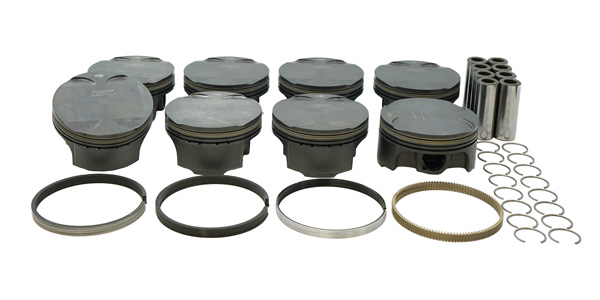It must be a misprint, I thought to myself. “Millennials Really Don’t Hate Cars” was the headline. Excuse me, “Hate Cars”? That is not a thought that has ever occurred to me. How could anyone hate cars? Cars are our sense of freedom, our individuality, our persona. Now there could be a generation that hates them, huh?
The article went on to say that while the millennials, who number about 82 million in the U.S., actually do like cars, they just can’t financially see fit to own one in today’s economy. If they do, it will most likely be pre-owned. That is actually a good thing for us in this industry, because those vehicles are in the sweet spot for repairs, and who better to facilitate those repairs than all of us in the aftermarket?
The University of Michigan reports that the number of 16-year-olds with a driver’s license has dropped from 46 percent in 1983 to 31 percent in 2008. That is a trend that has been continuing, and for several different reasons. Some feel it is expense-driven and others feel it is interest-driven. Whichever it is, fewer young drivers are on the road as a percentage of the possible drivers for that age group.
Personally, I don’t get it. But why would I? I am a boomer. I love cars. They are a part of my life and where I have spent my entire career. They reflect my personality, and for that fact, they define my mortal essence. I would never make it as a Generation Yer. I think my iPhone is pretty cool and it does alot of neat stuff, but cooler than my car? You have got to be kidding me.
I am, however, enough of a businessperson to know this trend and its 82 million believers cannot be ignored. So how can we marry the two concepts of millennial and automobile together? Well, the automakers are already working on it.
Millennials see no purpose for single-use items. Watches need not exist because the phone does that for them. Speaking of phones, they don’t like those either. They want smart devices that do all sorts of things. So, the automakers are designing vehicles that work with these devices and carry inter-functional capabilities. The millennials also tend toward the smaller, fun vehicles. Remember, vehicles can’t just be for getting from point A to B. It needs to be transportation, entertainment, social networking and fun!
So, don’t fret. With all this complexity working its way into today’s vehicles, there is a bright future for those who need to repair them. History has taught this writer that the more complex a vehicle gets, the more it needs to be worked on and it takes lots of parts. Good news.
In the meantime, I need to get that FM converter installed in my 9mpg non-emission controlled vehicle.













